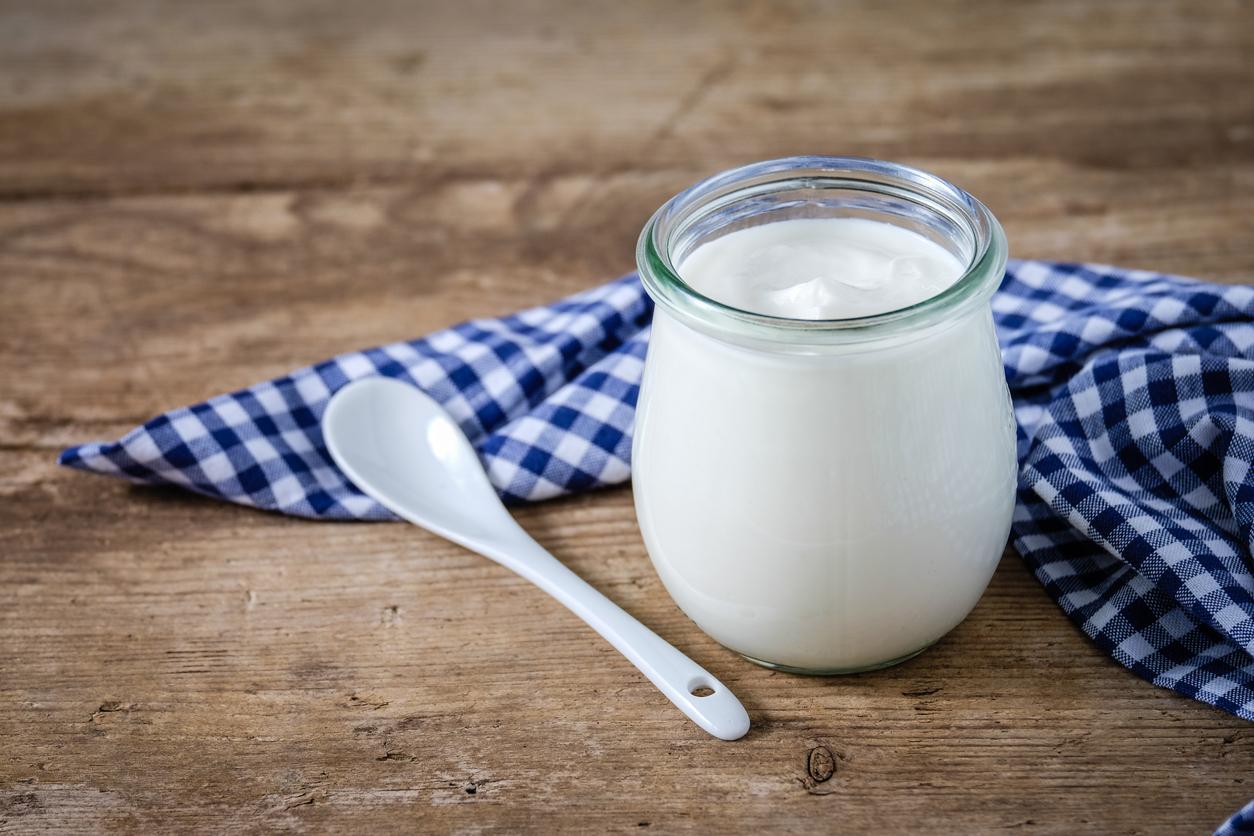” Many food supplements contain plants, especially medicinal ones. However, these can pose a health risk, due to possible interactions with medications, contraindications, etc. However, the consumer is not necessarily informed “, reports ANSES in a recent press release.
ANSES thus identifies the dangers concerning 118 medicinal plants used in food supplements.
118 medicinal plants concerned
The problem with dietary supplements is that, unlike drugs, they do not contain no notice required on which information relating to the safety of the product could be brought to the attention of consumers.
“ Only some succinct information, such as the identity of the ingredients, must be mentioned on the label. However, the mere mention of the presence of plants in food supplements can sometimes be falsely reassuring for the consumer, whereas certain plants may present a risk under certain conditions of use, depending on the type of plant extracts or the sensitivity of special populations, such as pregnant women or children », Supports ANSES.
To help patients, the agency analyzed the existing notices and restrictions for herbal medicines, by transposing them to food supplements containing these same plants. This analysis was the subject of a notice which has just been published. You will find all precautions for use, recommendations, contraindications and interactions potential drugs relating to 118 medicinal plants used in food supplements (turmeric, ginger, chamomile etc…). This table is accessible in line.
Herbal food supplements: what can be the risks?
ANSES points out that plant-based food supplements are far from harmless. They can lead to side effects sometimes serious, such as severe allergies or life-threatening liver damage.

















